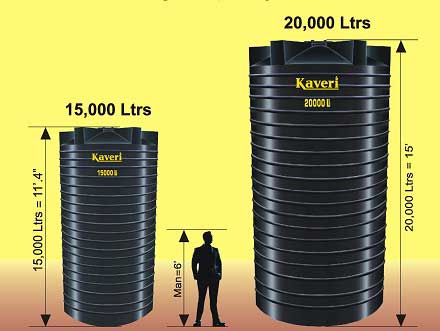|
Mercury Plastics of the U.S. has developed a
patented hybrid fabrication technology to produce complex parts.
The technology called Air-Core Molding (ACM) mimics in some ways
deep-draw, three-dimensional blow-molding and is comparable to this
and other competing processes in it's ability to enhance part design
and remain cost competitive. This is especially so when the technique
is used to make parts that are long and convoluted in specific areas
of the profile. According to the company, ACM allows multi-angled,
multi-dimensional and corrugated sections to be fabricated into
ready-to-ship components at relatively low cost. ACM begins with
the extrusion of a straight, single-layer or multi-layer tube made
of polyolefin (PP or PE) or other material. Wall thickness of the
profile is extremely uniform and tubes can be crosslinked. In the
second step, the tube is then reheated and hand or robot positioned
in a special apparatus or jig. This jig, currently built by Mercury,
consists of a special blow mold captured in a frame that is designed
to open and close the mold, and allow the introduction of air. After
mold closure, low pressure (0.5-2kg/cm2) is applied inside the part
using air introduced through protruding tube ends. This molds the
tube, which in effect, has become the parison, into a designated
shape or to a new plane or angle.The whole tube, or selected section
of it, can be shaped or twisted in this way, to incorporate corrugations.
According to Mercury, the gentle process creates minimal flash,
requires little or no trimming and generates minimal scrap. The
process also eliminates knit lines, retains the high uniformity
of the tube's wall thickness in parts, and provides surface and
gloss properties of a higher quality than blow moulding. In addition
to this tooling costs are reduced when a rapid modification of design
is needed as with model changes. Production scheduling is said to
be highly flexible as a result of minimal set up times, (to change
colour, or restart production), generally a maximum of one hour.
| (Source: Modern Plastics-September
2000) |
Previous Article
Next Article
Tell Us What You Want

Large capacity chemical storage tanks
| | | |
